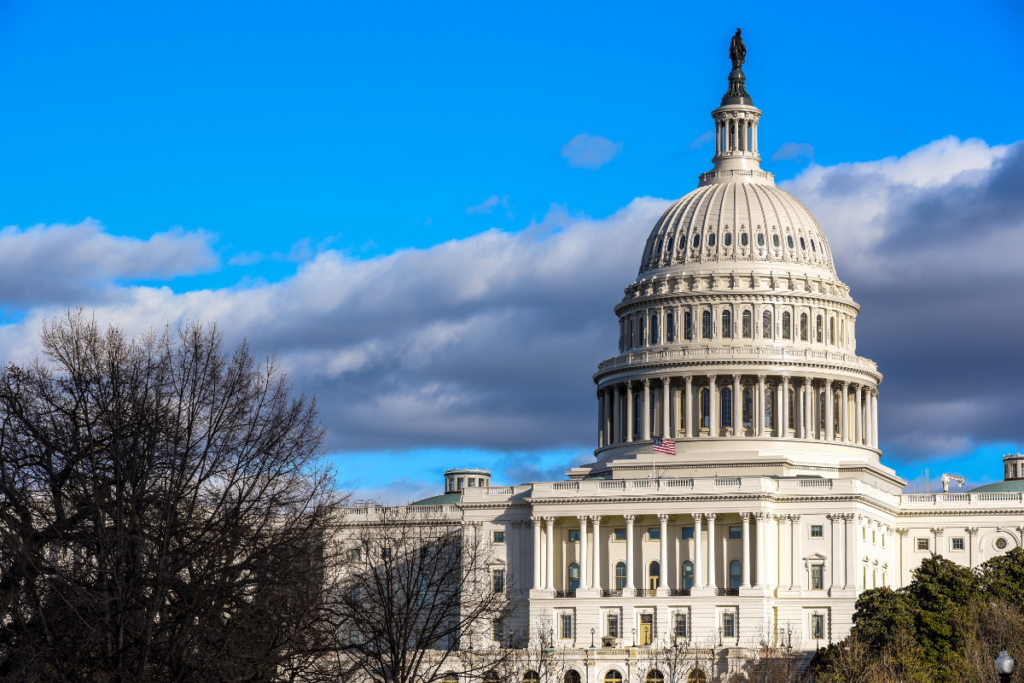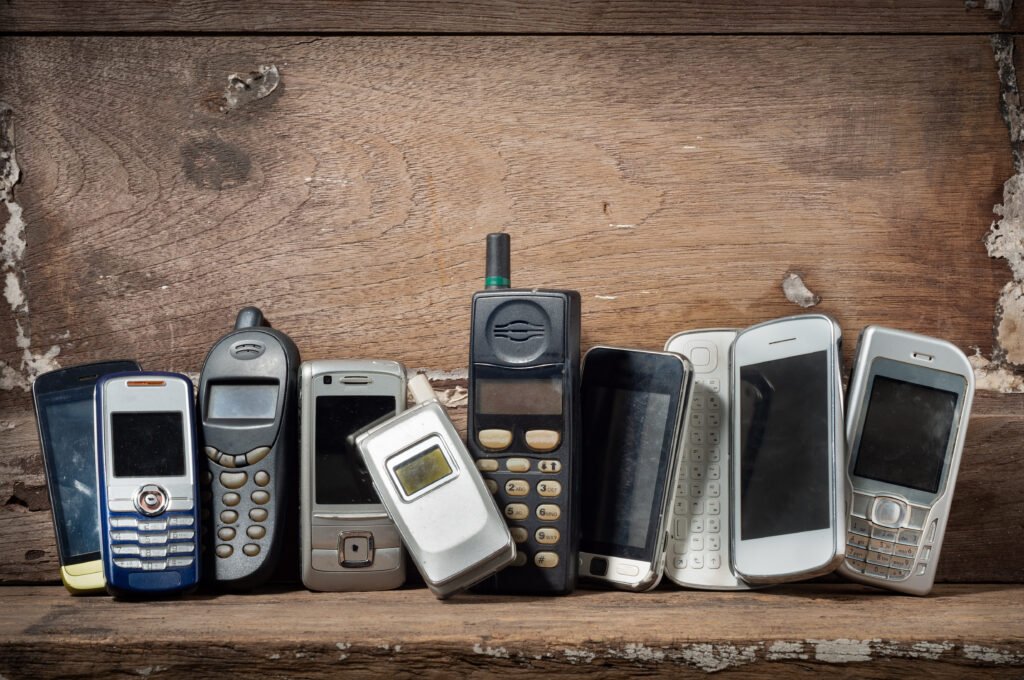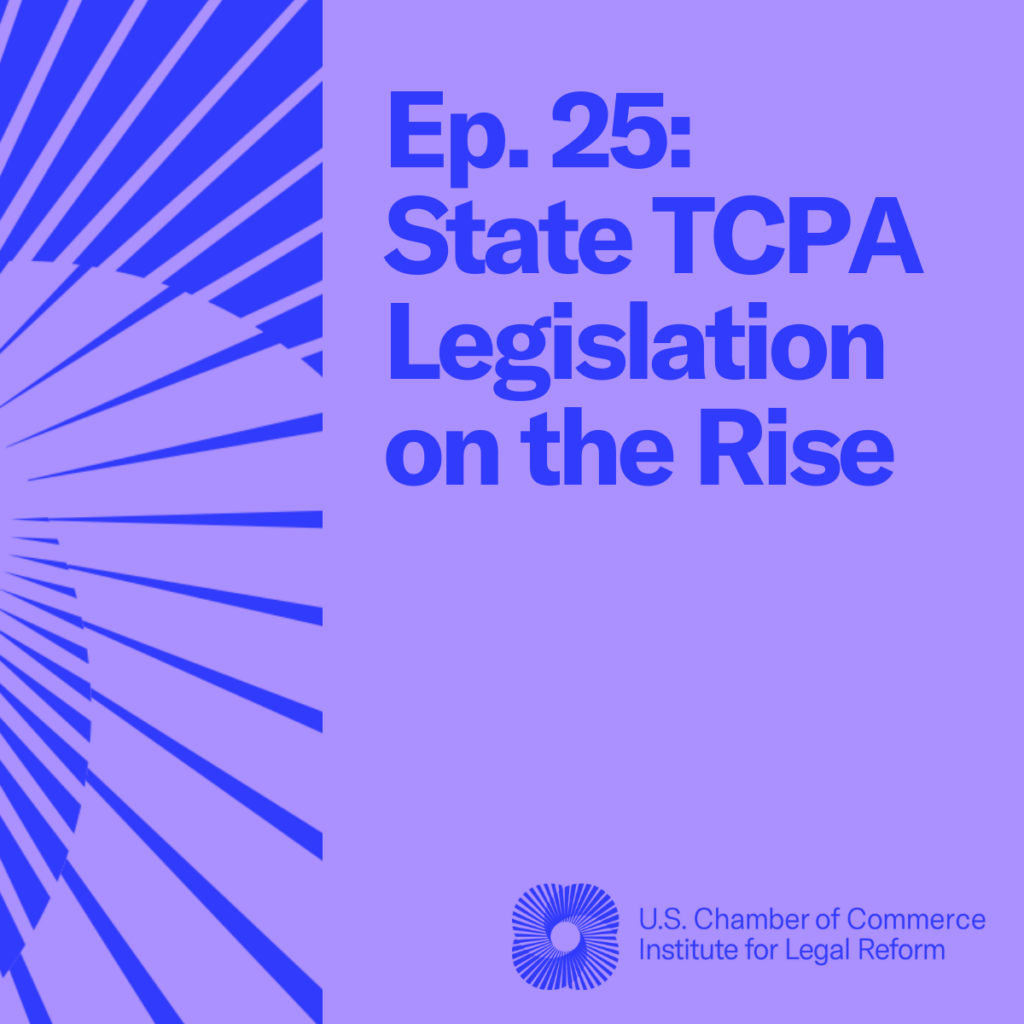WASHINGTON, D.C. – Lisa A. Rickard, president of the U.S. Chamber Institute for Legal Reform (ILR), issued the following statement today about the D.C. Circuit Court’s ruling vacating portions of the Federal Communications Commission’s (FCC) 2015 Telephone Consumer Protection Act (TCPA) declaratory order:
“Plaintiffs’ lawyers are exploiting the TCPA’s outdated language to bring abusive and costly class action lawsuits against businesses. The court’s ruling today is a positive step — a fresh chance for the FCC to revisit its overly expansive definition of “auto-dialer,” applying the TCPA to calls made to reassigned numbers without the callers’ knowledge and a related one-call safe harbor. Unfortunately, for now, today’s ruling also keeps anything-goes rules in place to revoke consent to be contacted, and it underscores the need for Congress to update the TCPA. In addition, we will work with the FCC to restore common sense to rules governing legitimate business communications with customers.
“Along with modernizing the TCPA, today’s ruling also underscores the need to enact the Fairness in Class Action Litigation Act of 2017, which has passed the House. That bill would ensure that plaintiffs’ lawyers prove up front that they will be able to readily identify class members and deliver them the proceeds of any settlement, before a class can be certified.”
The U.S. Chamber filed a petition for review with the D.C. Circuit challenging the FCC’s declaratory order. In August 2017, ILR released a paper, TCPA Litigation Sprawl: A Study of the Sources and Targets of Recent TCPA Lawsuits, showing that TCPA lawsuits increased from 2,127 to 3,121—or 46 percent—in the 17-month period after the FCC order versus the comparable period before.
ILR seeks to promote civil justice reform through legislative, political, judicial, and educational activities at the national, state, and local levels.
The U.S. Chamber of Commerce is the world’s largest business federation representing the interests of more than 3 million businesses of all sizes, sectors, and regions, as well as state and local chambers and industry associations.
###



